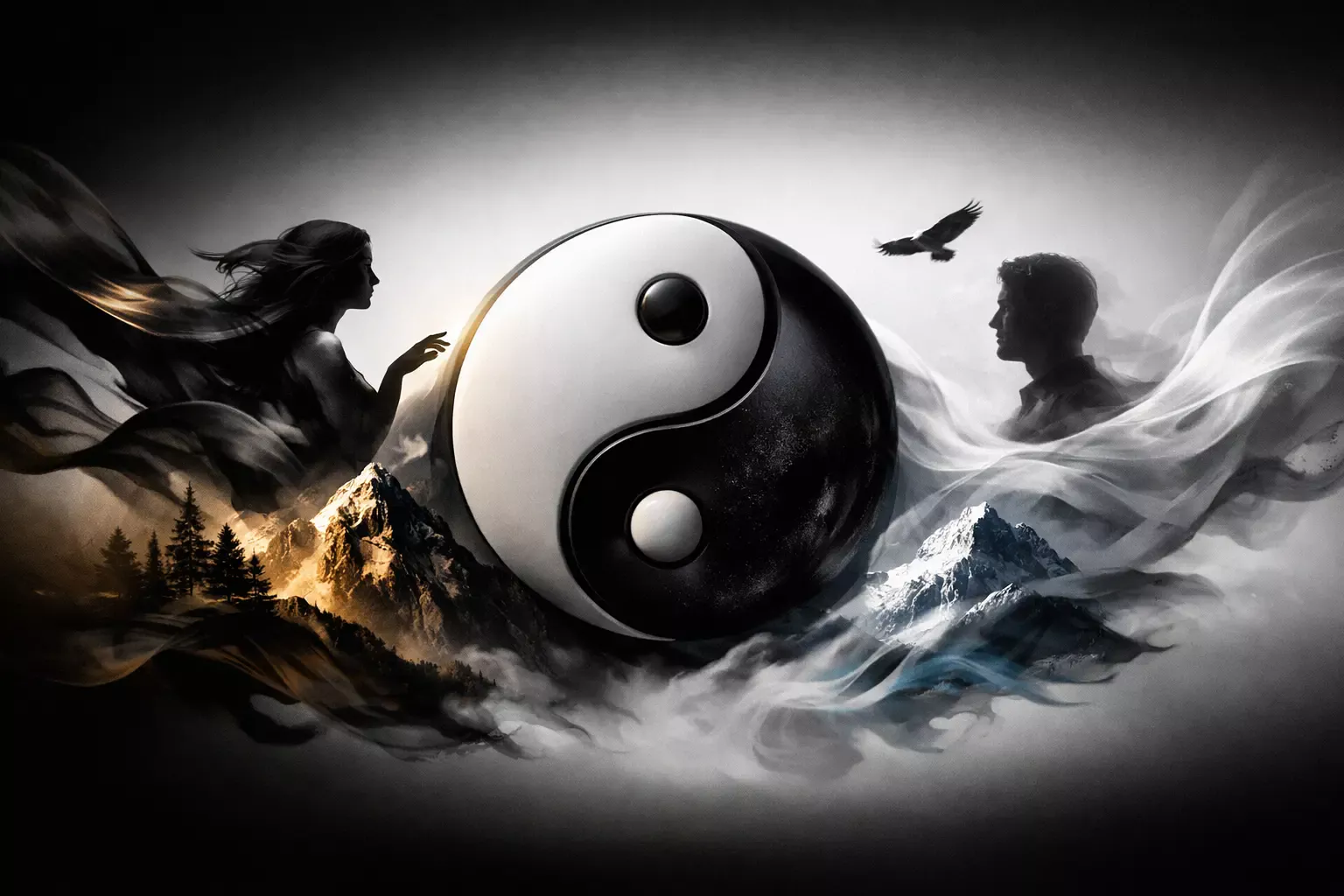You’ve Seen the Symbol a Million Times. But What Does It Actually Mean? That black-and-white swirly thing on necklaces, tattoo shops, and yoga studio walls? It’s called the Taijitu, and it represents one of humanity’s oldest attempts to explain… well, everything. Here’s the short version: Yin and Yang are two halves that make a whole. […]

